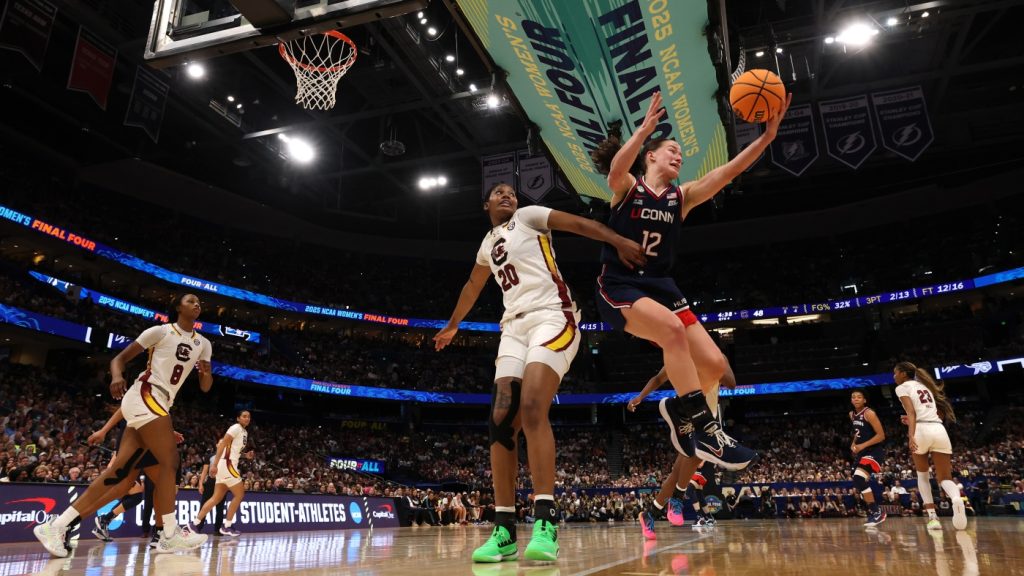New Lawsuit Challenges NCAA’s Four-Season Eligibility Rule

The NCAA is facing another legal challenge to its core eligibility rules. In a new class-action lawsuit, ten student-athletes, including Vanderbilt football players Langston Patterson and Issa Ouattara, are seeking to force the association to allow them to compete for five seasons rather than the current four.
The lawsuit argues that the NCAA’s existing rules—which permit a student-athlete a five-year window to play four seasons—are a violation of antitrust law. Ryan Downton, the attorney representing the players, claims the plaintiffs are not trying to completely eliminate eligibility restrictions. Instead, they believe that if a player is allowed to be on a team for five years, they should be able to play in games for all five of those years.
“The question is why do players have to spend one of those five years sitting on the bench?” Downton told ESPN. “How does that further any of the NCAA’s goal of moving players toward graduation?”
The NCAA, which is currently facing over two dozen lawsuits challenging its eligibility rules, maintains that the limited time a student can play is a crucial distinction that separates college sports from professional leagues. In a statement, an NCAA spokesperson said the organization stands by its rules and that “attempts to dismantle widely supported academic requirements can only be addressed by partnering with Congress.”
This class-action lawsuit is distinct from previous cases, which were filed on behalf of individual athletes. By seeking to change the rules for all Division I athletes, this case could have a much broader impact on the future of college sports.

